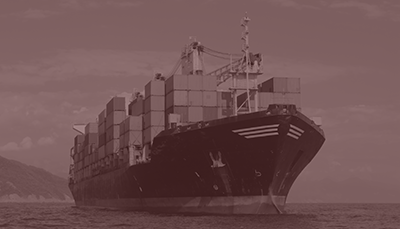Sixty years after the Treaty of Rome came into force, we live in an age where a possible scenario for the near future is one of trade disintegration in Europe, reversing what is probably the deepest and most prolonged trade liberalization processes in modern history. The choice of the United Kingdom to exit the EU (Brexit) combines with the calls from many governments (even ones seen as moderate) for a reversal of key integration agreements like Schengen, to give a bleak picture of what comes next. This makes it a good time to revisit the gains the EU has reaped from trade integration since 1958 and what would be the costs of going backwards. Thierry Mayer, Vincent Vicard & Soledad Zignago >>> |
- The Effects of Immigration in Developed Countries: Insights from Recent Economic Research
Anthony Edo, Lionel Ragot, Hillel Rapoport, Sulin Sardoschau & Andreas Steinmayr
- Do Unit Labor Costs Matter? A Decomposition Exercise on European Data
Sophie Piton - The Cost of Non-Europe, Revisited
Thierry Mayer, Vincent Vicard, Soledad Zignago - GVCs and the Endogenous Geography of RTAs
Lionel Fontagné, Gianluca Santoni
CEPII-CAE conference: Stabilizing the Euro area. Political and economic perspectives
May 15, 2018
“Israel and the World Economy – The Power of Globalization”
with Professor Assaf Razin, Tel Aviv University
May 17, 2018
Présentation de l'ouvrage "Unelected Power. The Quest for Legitimacy in Central Banking and the Regulatory State" par son auteur Paul Tucker
May 30, 2018
Workshop CEPII – PSE on Migration and trade
May 30, 2018
18th Doctoral Meetings in International Trade and International Finance
June 15 - 16, 2018
CEPII conference "Real Equilibrium Exchange Rates: Relevance in Open Economy Macroeconomics and Operationality in Economic Policy-Making"
June 29, 2018
Workshop CEPII – EUR OSE-PSE:
What can economists say about trade wars?
July 4 - 5, 2018
XVI ELSNIT Annual Conference : Technology and Trade
October 25 - 26, 2018
The dynamics of unit labour costs in the Euro area From the introduction of the Euro up to the 2008 global financial crisis, macroeconomic imbalances widened among Member States. This divergence took the form of strong differences in the dynamics of unit labour costs. This paper asks why this happened. Is it the result of distortionary public spending, or the consequence of economic integration? To answer this question, this paper builds a theoretical framework that is able to provide a decomposition of unit labour costs growth into various effects of economic integration and policy intervention. Using a novel dataset, it then measures the contribution of each effect to the dynamics of unit labour costs in 12 countries of the Euro area from 1995 to 2014. Results show that trade and financial integration are significant drivers of unit labour costs divergence. Sophie Piton >>> |
France and Europe in Globalization On the occasion of its 40th anniversary, three panel discussions, CEPII brought together experts, foreign and French, decision-makers and academics to discuss the major challenges that France and Europe are facing ten years after the crisis and the deep transformation of the international economic relationships. See videos et presentations. >>> |
- Contact us
- Our other sites
 |
ISSN: 1255-7072
Editorial Director : Antoine BouëtManaging Editor : Dominique Pianelli








.PNG)






